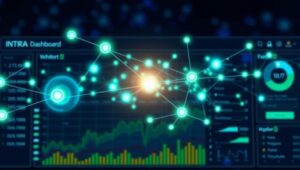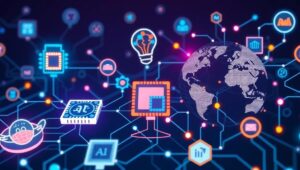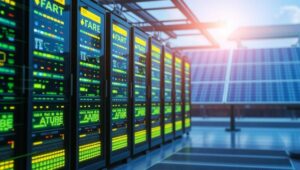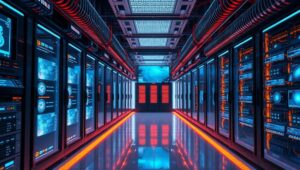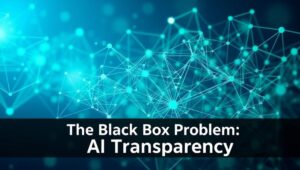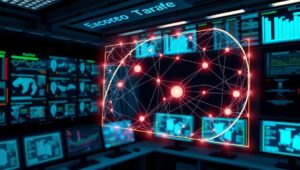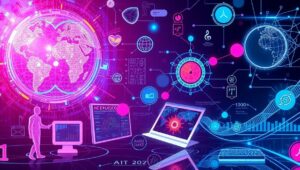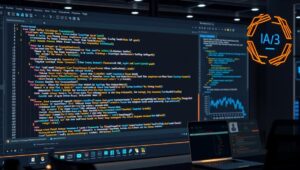May 28, 2025
Zero-UI: Gadgets That Work Without Explicit Interaction (2028)
Zero-UI: Gadgets That Work Without Explicit Interaction (2028) The year is 2028. Forget fumbling with apps, tapping screens, or even uttering voice commands. A new paradigm has emerged: Zero-UI. These are gadgets that anticipate your needs and act accordingly, all without requiring explicit interaction. What is Zero-UI? Zero-UI, short for Zero User Interface, represents a fundamental shift in how we interact with technology. Instead of relying on traditional interfaces like screens or voice assistants, Zero-UI devices utilize sensors, AI, and contextual awareness to understand our intentions and seamlessly execute tasks. Think of it as technology that fades into the background,

